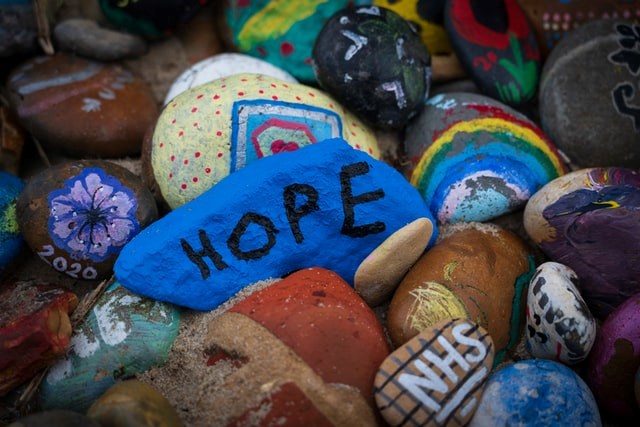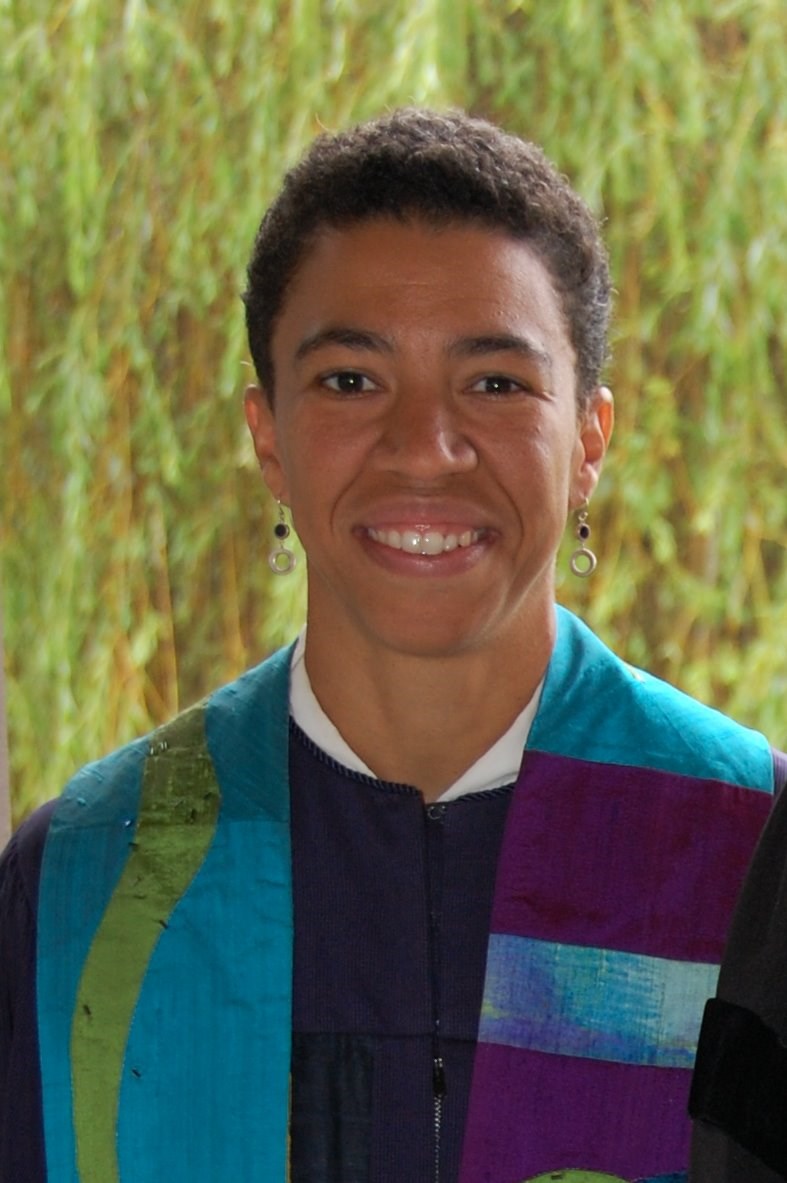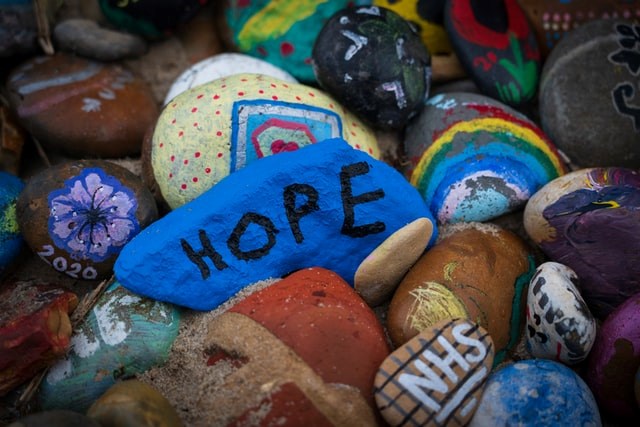 The central question for me of the pandemic since summer of 2020 ( in addition to “When will it end?” that is) has been, “What happens when it’s over”? Since the last major pandemic was more than a hundred years ago, in 1918, the vast majority of us who are alive now don’t have any experience of surviving a pandemic and figuring our what follows in its wake. When the pandemic finally recedes (in September? October?), what will life be like? The same as we left it back in March 2020, dramatically different, or some of both—both the same and different? None of us knows, but we speculate because we want to at least guess at what may be. I suppose in many ways we know that life will be both changed and the same, so really what we want to know is—in what ways?Â
The central question for me of the pandemic since summer of 2020 ( in addition to “When will it end?” that is) has been, “What happens when it’s over”? Since the last major pandemic was more than a hundred years ago, in 1918, the vast majority of us who are alive now don’t have any experience of surviving a pandemic and figuring our what follows in its wake. When the pandemic finally recedes (in September? October?), what will life be like? The same as we left it back in March 2020, dramatically different, or some of both—both the same and different? None of us knows, but we speculate because we want to at least guess at what may be. I suppose in many ways we know that life will be both changed and the same, so really what we want to know is—in what ways?Â
I have been moved and confounded by the paradox of this time—we care for one another most by staying apart. I have always thought that caring for someone and having an impact on their lives required proximity. I must be close to you to make a difference. What this time has taught us is that sometimes care and respect for others isn’t shown through physical closeness, but rather by a proximity of understanding. In the midst of a pandemic that is transmitted through the air from one body to another we cannot be close to one another without danger or risk. We have to remain physically distant while trying not to be socially isolated or removed from our empathy and compassion. Get close in caring for others while staying at a distance. Every time I put on my mask I try to see it as an expression of my regard for others. I wear the mask, and I will get vaccinated not to save myself (not only to save myself), but as a gesture of  kindness, a way of saying, “I want you and all whom you love to be well.”
While the pandemic has been the same long slog of challenge for us all, the impact has not been equal. The suffering and losses have been greater for some than others. If anything, this time has served as a stark reminder of just how unequal our global economy has become and how much our systems value some lives more than others. The richest have gotten trillions richer while working class folks have been deemed essential but are struggling more than ever to make ends meet. As the death toll has mounted, it has been clear that communities of color have born a disproportionate share of those losses. All of the ills with which we wrestled pre-pandemic are still here and crying out even more loudly for attention and solutions—housing, opioid, climate, and mental health crises just to name a few.  We may all be in the same boat, but our experiences of this life, of this time on our planet are often profoundly different.     Â
I don’t know what the future holds. I do know what I hope. I hope that when we emerge from our COVID cocoons we will not re-shelter in our silos. I hope that we will have a new sense that the way we live, the choices we make have impact beyond our immediate sphere of connection. I hope that we will take our interdependence more seriously. I hope that we will have greater compassion and tenderness toward ourselves and others. May it be so.
 Rev. Shana Lynngood is co-minister of First Unitarian Church of Victoria.Â
Rev. Shana Lynngood is co-minister of First Unitarian Church of Victoria.Â
You can read more articles on our interfaith blog, Spiritually Speaking, HERE
* This article was published in the print edition of the Times 91Ô´´ on Saturday, May 1st 2021
Photo by Ěý´Ç˛ÔĚý



